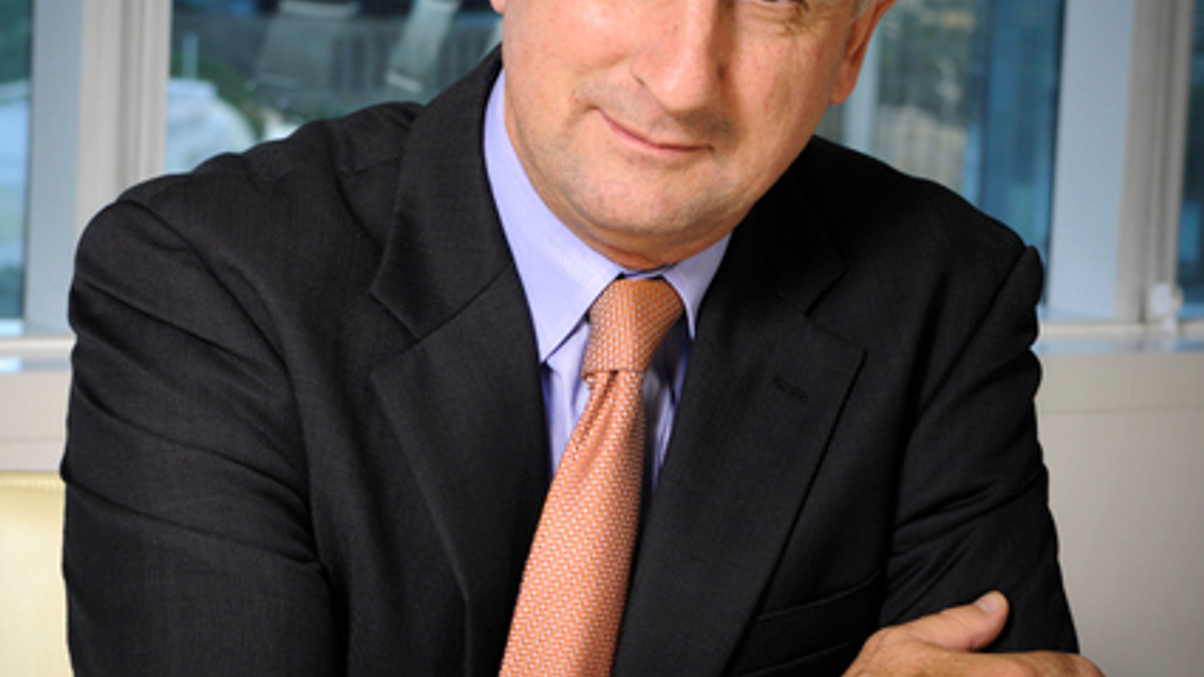QIC to mount global hunt for chief to succeed McTaggart
CEO Doug McTaggart is to retire from the sovereign wealth fund next June at age 59, possibly for consultancy work. Korn Ferry has been tasked with finding his replacement.

QIC’s chief executive officer Doug McTaggart says he has no plans to hang up his boots after he retires from the Australian sovereign wealth fund next year.
Sign in to read on!
Registered users get 2 free articles in 30 days.
Subscribers have full unlimited access to AsianInvestor
Not signed up? New users get 2 free articles per month, plus a 7-day unlimited free trial.
¬ Haymarket Media Limited. All rights reserved.


